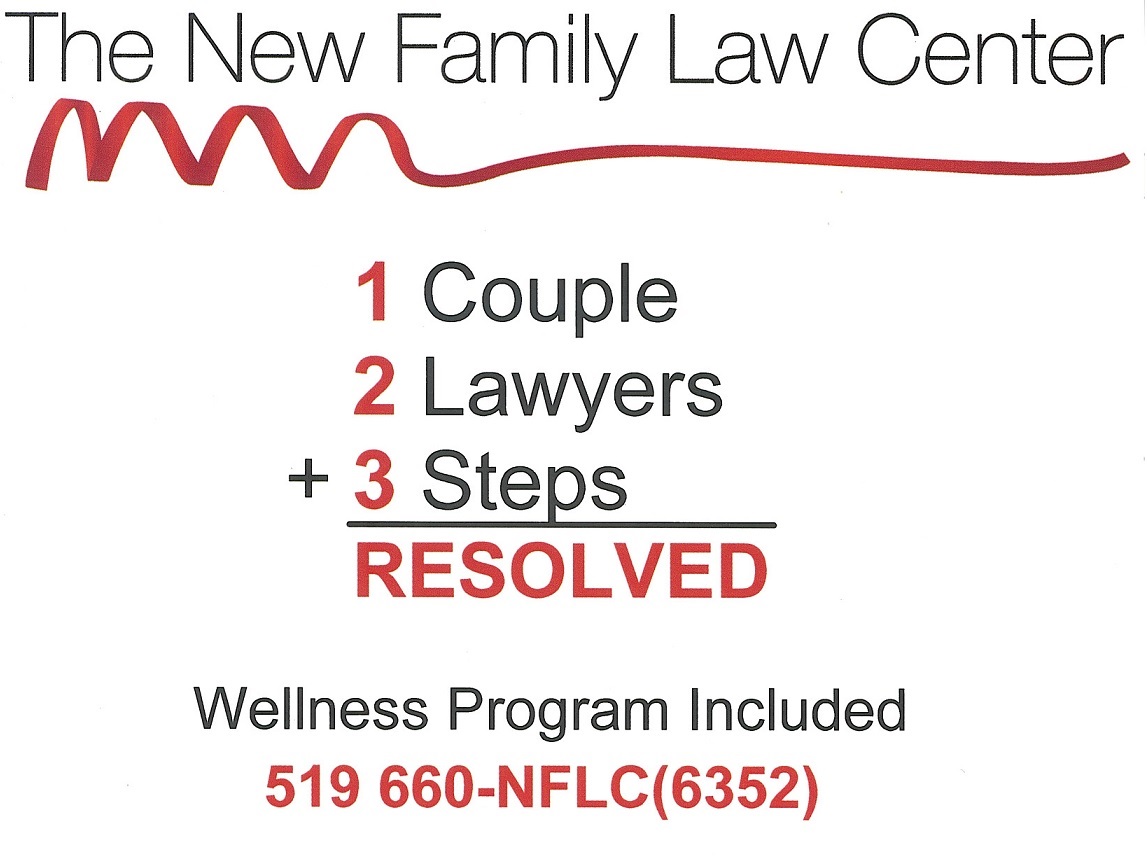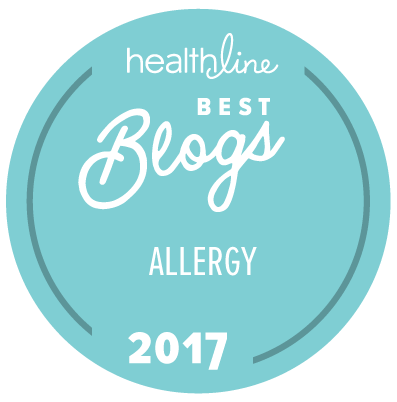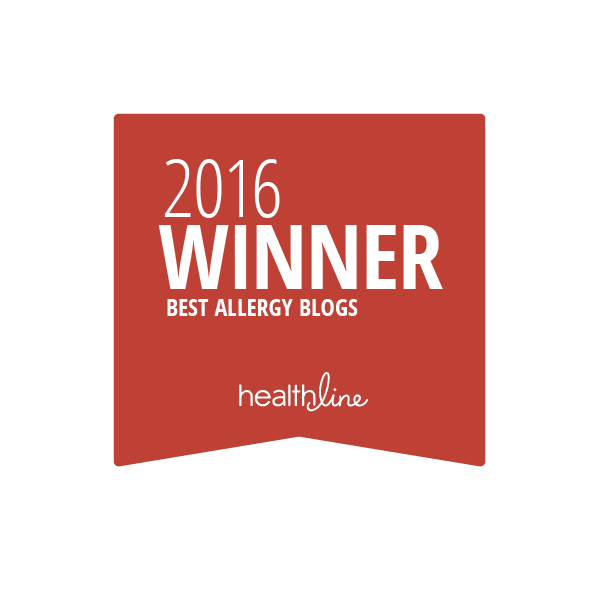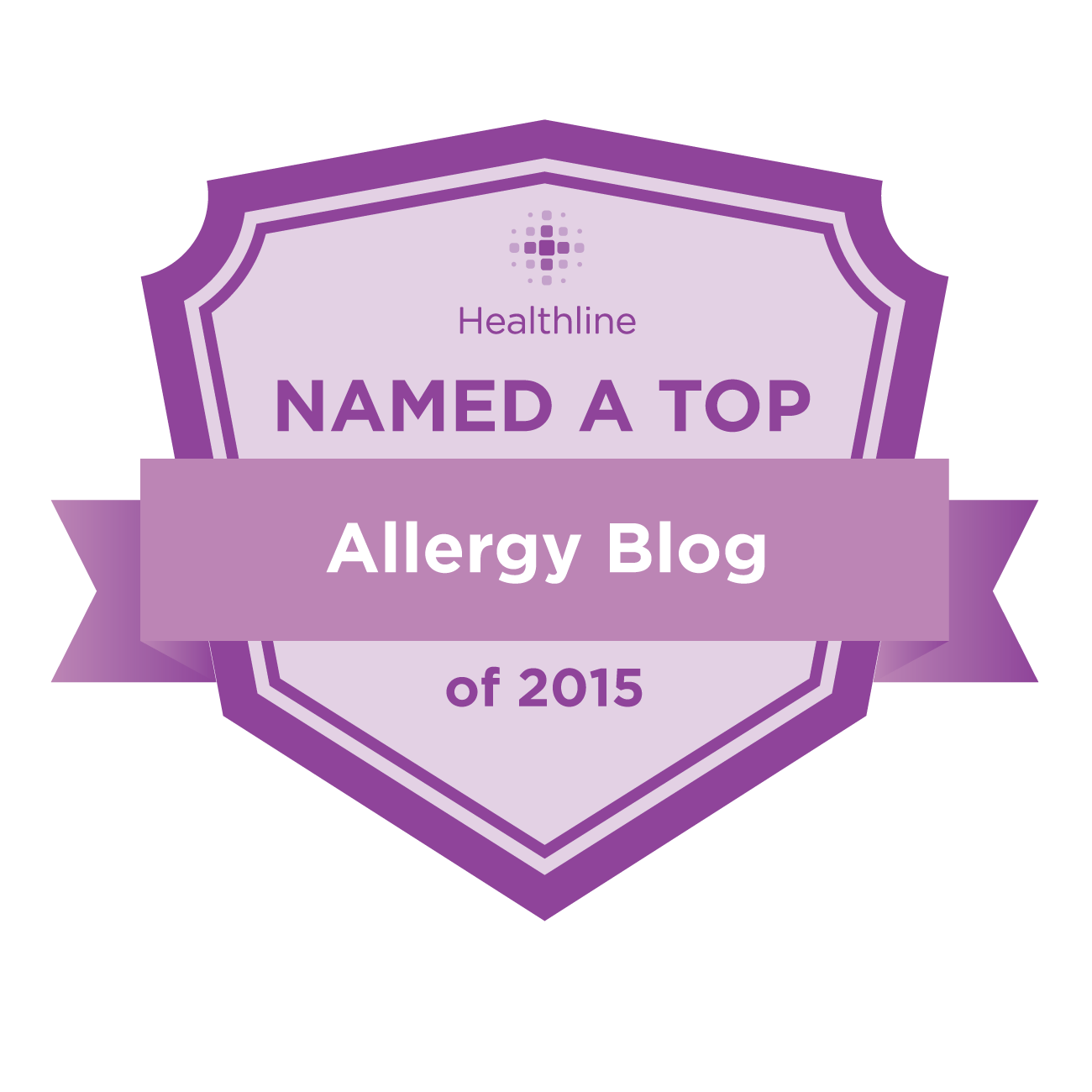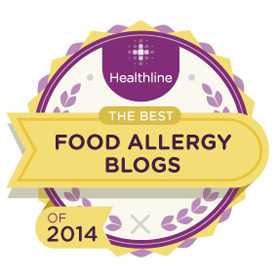I attended an allergy medical conference in the Spring, where there was a lecture about molecular allergy diagnostic testing for peanut allergy, also called component resolved testing. Automatic analyzers perform these tests, and the brand that caught my eye was the ImmunoCAP by Phadia.
Peanut has now been separated into 13 allergenic components, and using the ImmunoCAP, you can find out to which component of the peanut molecule your body produces IgE antibodies. These results add to the quality of decision making for Allergists, and can most importantly help determine if an oral food challenge is necessary, unnecessary, or dangerous.
When my son was diagnosed with peanut allergy seven years ago, it was based on a skin prick test result measuring 11 mm x 17 mm and a RAST test for peanut of 100+ (this tests IgE levels for the all the antigenic protein in whole peanut extract). I was given very good advice to avoid peanuts even in trace amounts, to exclude tree nuts even in trace amounts since they can be cross-contaminated and cross-reactive with peanut, and to ensure immediate access to an Epipen at all times. At the time, Jacob was in daycare and his teachers wore his Epipen in a medication belt. Since age 5, he’s been wearing it himself without complaint.
At that time, Jacob had a minimal positive result to cashew, but no other tree nuts. A few years later, he became extremely reactive to almonds with a RAST test score of 60, and the skin prick test for cashew was negative. The tree nut allergy seems to float from one nut to the other with him, and I can see why my Allergist recommended strict avoidance of all tree nuts.
Jacob was tested two more times using these methods, but no additional information was gained. We were on a regime of strict avoidance and access to medication, but when I learned about the ImmunoCAP testing, I thought I may get a clearer picture of Jacob’s profile. Is he still allergic? If so, what peanut components does he react to? Is there any chance we could become a little less vigilant about trace amounts, or maybe keep up all our precautions, but know that the worst case scenario isn’t likely to be life-threatening anaphylaxis?
I filled out this requisition form for the peanut component package, which looks at 5 components of peanut: Ara h 2, Ara h 1, Ara h 3, Ara h 8, Ara h 9. You also get the whole peanut allergen value back. (The ImmunoCAP can test for more than 500 whole allergens and more than 100 component allergens. My focus was on peanuts and the tree nuts to which Jacob had previously reacted.)
A person whose system produces IgE to Ara h 2 is at high risk for a severe reaction to peanut, such as anaphylactic shock. Looking at Ara h 1 and Ara h 3 further improves diagnostic prospects. A person producing IgE only to Ara h 8 could be cross reactive to peanut due to a pollen allergy, and it’s possible that they might have a milder reaction if exposed to peanut.
The spectrum of risk is still being worked out for component testing, but Jacob’s component profile is unequivocal: He’s at high risk of anaphylaxis. He reacts to Ara h 2 at level 8 or 100+, which is the riskiest peanut component. He also reacts to Ara h 1 at 100+ and has quite a bit of Ara h 3, placing him at even more risk. Now at age 9, his odds of outgrowing his allergy are not good, as the older you are, the less likely this becomes.
Jacob also showed significant reactivity to almond and cashew. I’m happy he remained tree nut free, despite the negative cashew result a few years ago.
I remind myself that my son is a normal healthy boy. He doesn’t have asthma or eczema, which commonly go along with food allergies, and he has no health concerns whatsoever. Since diagnosis, he’s never been exposed to his allergen or experienced a reaction, and I must simply continue to have him avoid peanuts and tree nuts even in trace amounts, and keep at least one Epipen on him at all times. At home, the belt hangs in a designated location for easy access.

